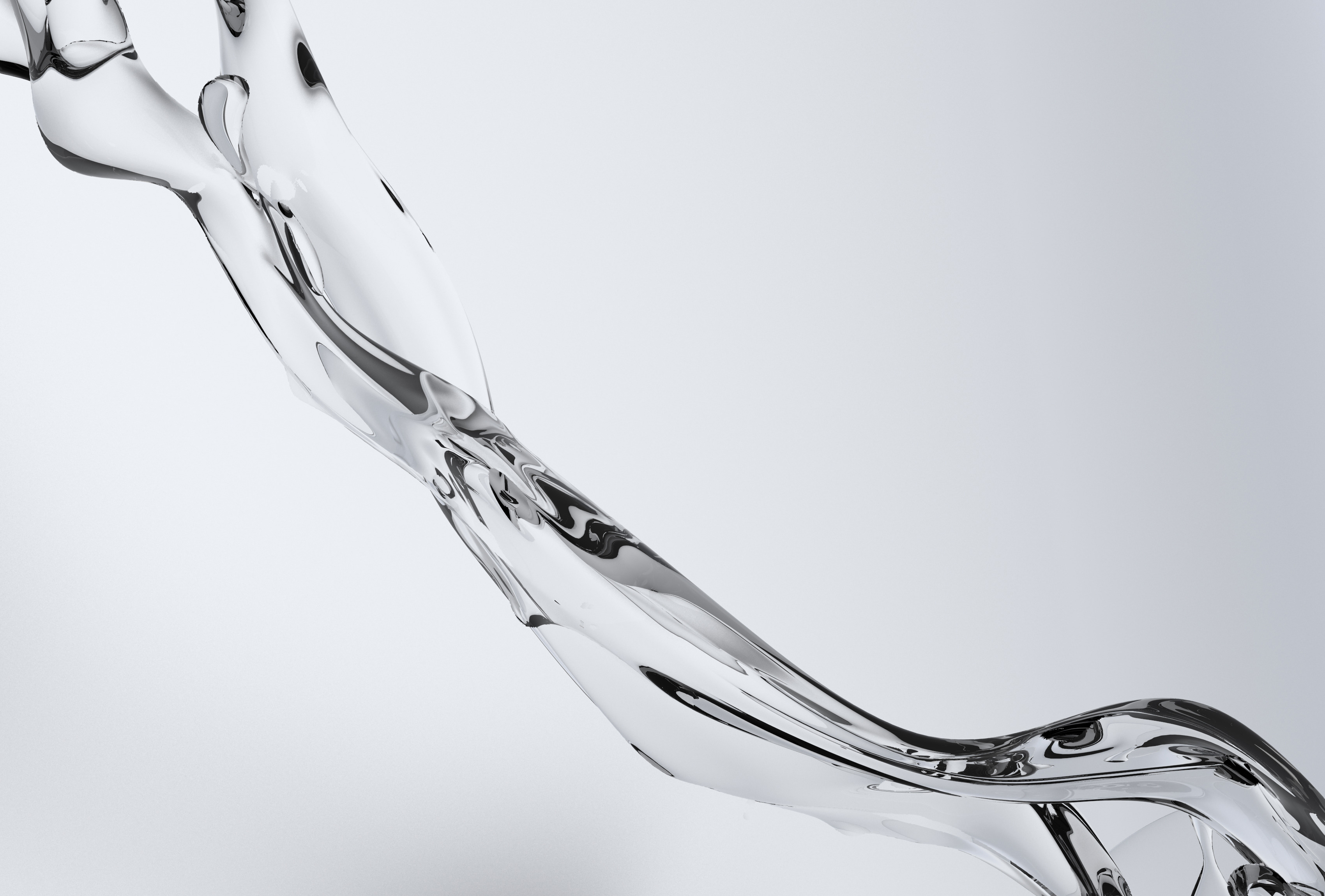Gray water reuse often receives interest as an alternative water-using technology. However, gray water reuse in Nebraska is illegal unless measures are taken to reduce risk to the environment and human health, and a permit is obtained.
Gray water is the wastewater generated by the use of a hand basin, shower, bath, clothes washing machine or laundry tub. The characteristics of gray water are influenced by the number of occupants, the ages of the occupants, their lifestyle characteristics and water use patterns. Gray water from laundry is most often considered for reuse by individuals with onsite wastewater treatment systems, such as septic systems.
Some individuals have diverted laundry wastewater and used it in the environment without treatment. Most often it has been used to water the lawn during drought periods, or to "take some pressure off of a septic system." However, this is an illegal practice. It is not legal in Nebraska to discharge untreated gray water. If applied to land without treatment, laundry water can lead to environmental damage as well as posing a threat to public health. Laundry water can be contaminated in three ways:
-
Microorganisms. The water is contaminated by microorganisms, many of which can cause disease. Numbers of coliform bacteria in laundry wastewater are highest in the wash water and lowest in rinse water. Numbers of coliform bacteria ranged from 1 million colony forming units per 100 mL when infant clothes were washed, to 25 colony forming units per 100 mL in the second rinse water. One hundred mL is less than 1⁄2 cup.
-
Chemicals. The water may be polluted chemically by dissolved sodium, nitrogen, phosphates and chloride, or by organic chemicals such as soap and detergents. Wash cycle water was found to have concentrations of sodium, phosphate, boron, surfactants, ammonia and nitrogen.
-
Solids. The water may be physically polluted by particles of dirt, hair, dead skin cells, lint, fabric fibers, and fecal matter. Wash cycle water was high in suspended solids including lint, turbidity and other organic material.
People can reuse gray water, such as laundry water, only after it has been treated for protection of public health and the environment, it is discharged at a location and in a manner that does not put the environment or human health at risk, and a permit has been obtained. Treatment systems typically include components that allow for settling of solids, anaerobic digestion, aeration, clarification or filtration, and disinfection.
In addition, the dwelling must be plumbed so that gray water is kept separate from black water – from toilets and kitchen sinks. Systems must be designed by an engineer and designs must be approved and permitted by the Nebraska Department of Environmental Quality. Legal graywater systems are more expensive than traditional onsite wastewater treatment systems, and require considerably more maintenance than a traditional system.
In summary, do not use untreated graywater, which is an illegal practice in Nebraska. Doing so puts the environment and human health at risk. If you are considering use of a gray water system, contact the Nebraska Department of Environmental Quality early in the planning process. They can be reached at the NDEQ switchboard number: 402- 471-2186 or the NDEQ onsite wastewater section number: 402- 471-4372

